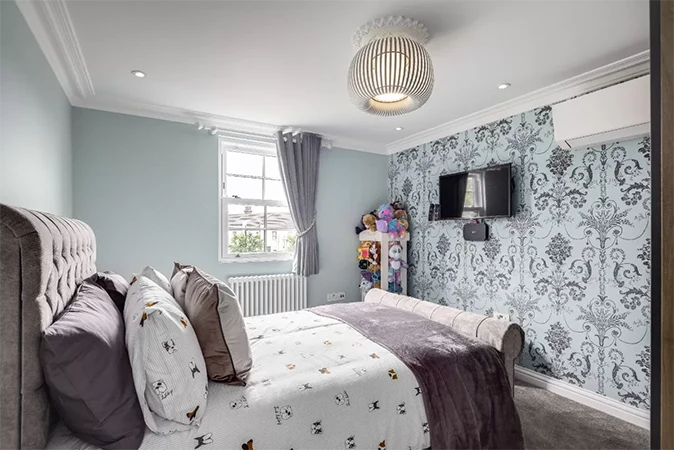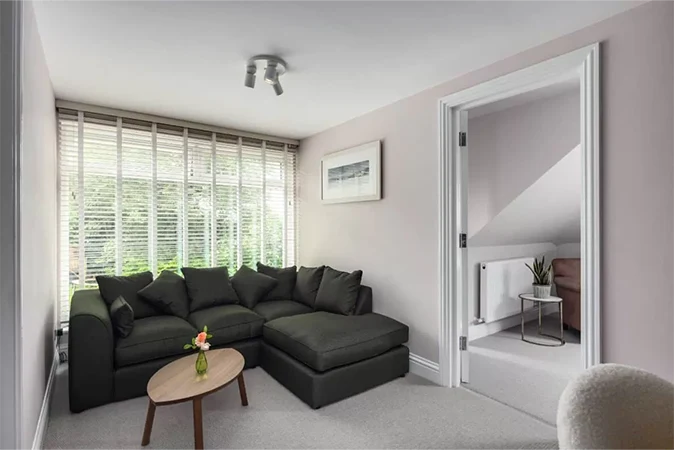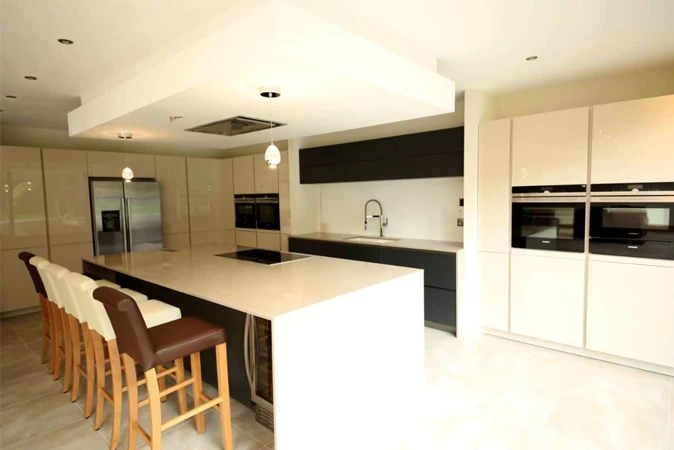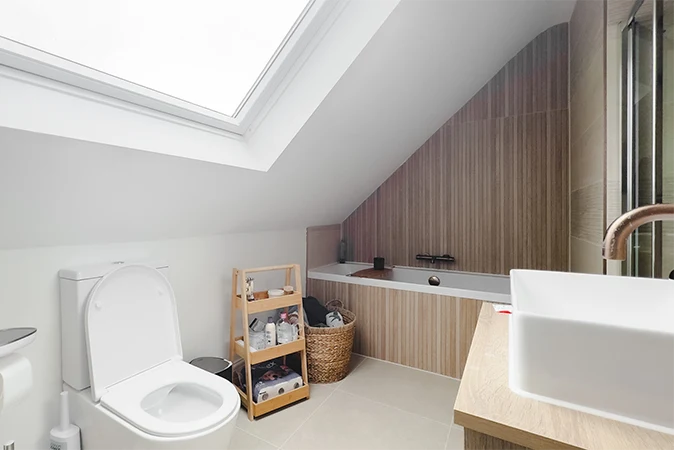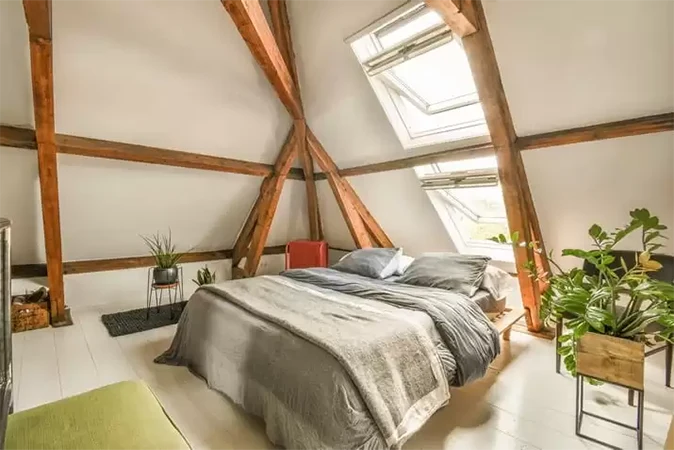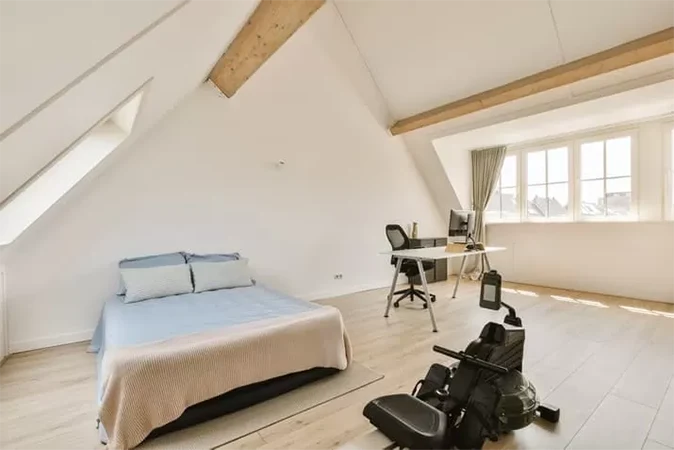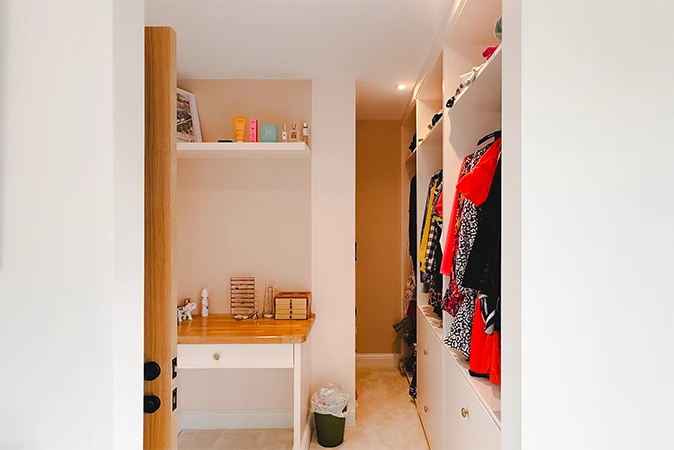Home extensions are one of the easiest and multi-beneficial ways of adding value and space to your property, offering increased living area and making your house more attractive to potential buyers.
However, extending your home is not as straightforward as hiring a team of professionals and letting them get on with it. There are a number of dos and don’ts that must be taken into consideration before launching into the development.
DO: Budget Appropriately
It can’t be overstated how important drawing up an accurate budget is to ensuring you don’t end up with a half-finished or substandard loft conversion or kitchen extension. Once you have received a quotation (not an estimate) from a reputable building company, make sure that it is a fixed rate that doesn’t include any hidden extras. Take into consideration plumbing and electrical work following the build too, as this is one area where costs can spiral.
DON’T: Take The First Quote
Be prepared to shop around when selecting traders for your extension. Not only does this mean not taking the first quote offered to you, it also means don’t necessarily take the lowest quote. A low figure might not include all necessary costs, such as materials or extra work needed along the way, and could end up proving far more expensive by the end of the
DO: Check Regulations
Before one single bit of work is started, it is crucial to make sure that what you have planned meets all relevant building regulations and planning permission. Most loft conversions and house developments that don’t extend beyond property boundaries or obstruct neighbouring views won’t require permission – providing your home isn’t a listed building or on conservation land. Building regulations stipulate that any extension that will be habitable once complete must conform to standards regarding ventilation, fire safety and insulation, so be sure to check your plans before beginning.
DON’T: Pay Upfront
Any contractors asking for full payment upfront should immediately set alarm bells ringing – check credentials, check references, ask for an office number, and avoid at all costs if none are forthcoming.
DO: Schedule Effectively
The primary focus of any extension should be to weather-proof the development as quickly as possible. This means planning your work to start outwards and work inwards, prioritising structural soundness over aesthetic beauty (at least to begin with). Knowing what you want to happen at each stage of the development is important to ensuring that everything runs smoothly and you aren’t landed with hefty costs for changing plans halfway through.
DON’T: Opt for an Unnecessary Conversion
While extending upwards into theloft or outwards with a garage or kitchen conversion can be of great asset to your home, there are some developments that are best avoided. For example, converting your basement into habitable space is costly and massively troublesome. In most cases, you will not be permitted to stay in the house while work is taking place, and the nature of the work is specialist enough to necessitate the calling in of costly experts.








